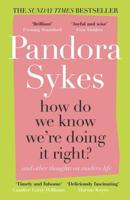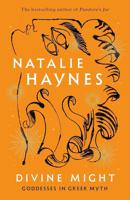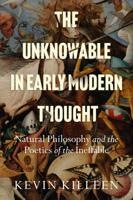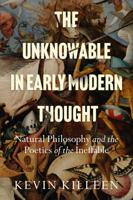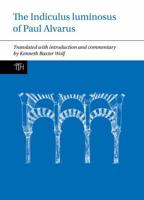Publisher's Synopsis
This historic book may have numerous typos and missing text. Purchasers can usually download a free scanned copy of the original book (without typos) from the publisher. Not indexed. Not illustrated. 1905 edition. Excerpt: ...l Now, the weakness of human arguments upon this subject is particularly manifested by the fabulous circumstances they have superadded as jpum.ences of this opinion, to find out of what conditioSJimmortality of ours was. Let us omit the Stoics (" oB55nnobis largiuntur tanquam cornicibus: diu mausuros aiunt animos; semper, negant: "2) who give to souls a life after this, but finite. The most universal and received fancy, and which continues down to our times in various places, is that of which they make Pythagoras the author: not that he was the original inventor, but because it received a great deal of weight and repute by the authority of his approbation; and this is, that souls at their departure out of us do nothing but shift_froin.one body to another, from a lion to a horse, from a horseTo" a Kingrcontmually travelling at this rate from habitation to habitation. And he himself said that he remembered he had been thalides, since that Euphorbus, and afterwards Hermotimus, and finally from Pyrrhus was passed into Pythagoras, having a memory of himself of two hundred and six years.3 And some have added that these very souls at times remount to heaven and come down again: " O pater, anne aliquas ad coelum hinc ire putandum eat Sublimes animas, iterumque ad tarda reverti Corpora? qaaa lucis miseris tain diva cupido."4 Origen makes them eternally to go and come, from a better to a worse estate. The opinion that Varro5 makes mention of is, that after four hundred and forty years' revolution they are reunited to their first bodies; Chrysippus held that this 1 " When we discourse of the immortality of souls, the consent of men that either fear or adore the infernal powers, is of no small moment. I make use of this public persuasion."--Seneca, ...


